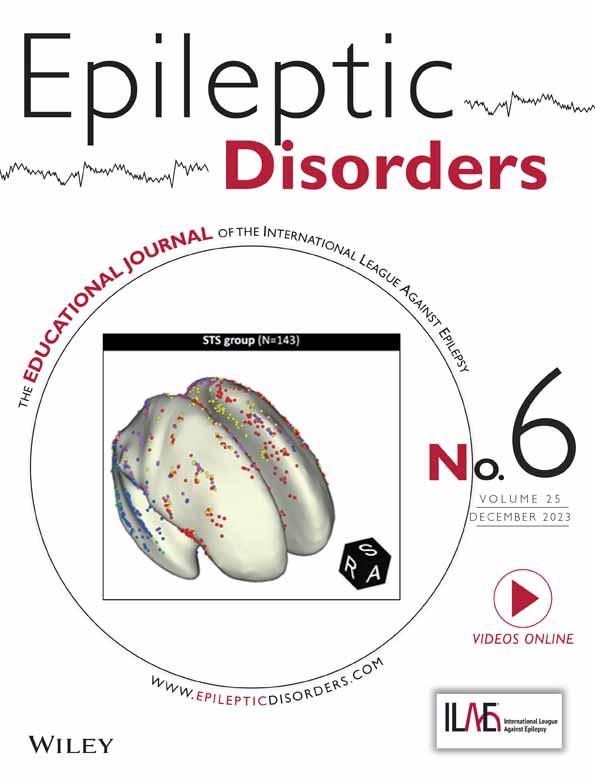Long-term effectiveness and seizure recurrence risk factors of ketogenic diet for pediatric refractory epilepsy: Experience from a tertiary care center in China
Abstract
Objective
This study aimed to assess the long-term effectiveness and seizure recurrence risk in children with drug-resistant epilepsy who achieved seizure freedom on a ketogenic diet (KD). Predictors associated with seizure recurrence were also evaluated.
Methods
Patients with drug-resistant epilepsy who received KD therapy for at least 3 months between May 2011 and April 2020 were included. The clinical efficacy of the KD was evaluated. Patients who achieved seizure freedom for at least 3 months on the KD were focused. Multivariate Cox regression models were used to explore the risk factors of seizure relapse in patients who achieved seizure freedom.
Results
This study included 288 patients (163 males, 125 females). The seizure-free rates of the KD at 3, 6, 12, and 24 months were 9.7%, 16.7%, 14.2%, and 9.0%, respectively. Additionally, the seizure reduction rates between 50% and 99% were 46.5%, 39.9%, 30.2%, and 20.5%, respectively. Patients with Angelman syndrome (AS) showed the highest efficacy rate, followed by those with Dravet syndrome (DS). 51 patients achieved at least 3 months of seizure freedom on the KD. Seizures recurred in 24 (47.1%) patients. None of the patients with AS relapsed, while those with DS had the highest recurrence rate. The etiology of epilepsy, KD maintenance treatment period, and electroencephalography (EEG) abnormalities during follow-up differed significantly between patients with and without recurrence. However, multivariate Cox regression analysis indicated that a KD maintenance treatment period of less than 12 months and the presence of EEG abnormalities during follow-up were significantly correlated with a higher risk of relapse. Epilepsy control was restored in 3 of the 24 (12.5%) patients who experienced relapse.
Significance
KD appears to be effective in children with various types of drug-resistant epilepsy. A short KD maintenance treatment period and EEG abnormalities during follow-up were associated with an increased risk of seizure recurrence.
CONFLICT OF INTEREST STATEMENT
None of the authors has any conflicts of interest to disclose.




